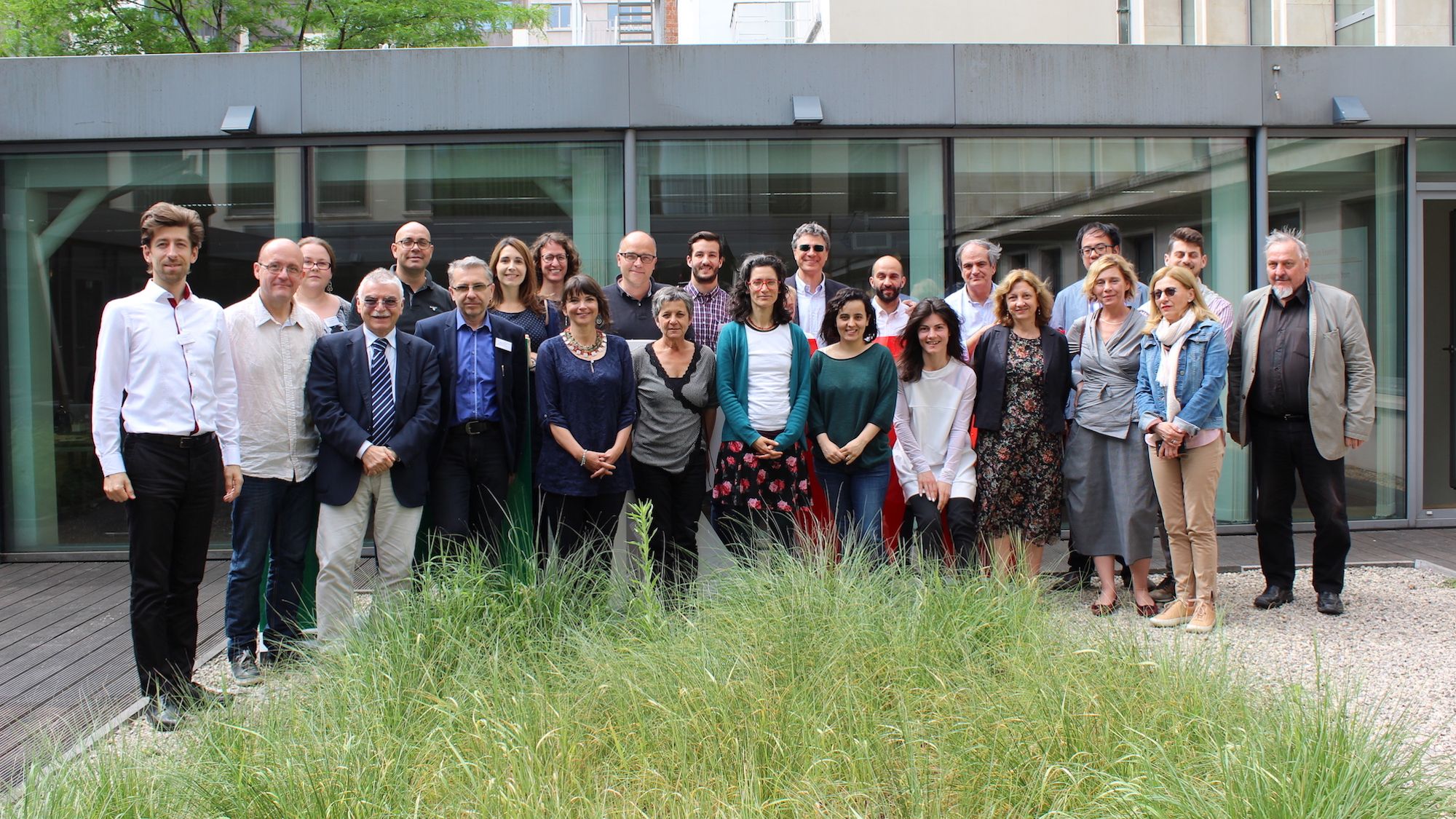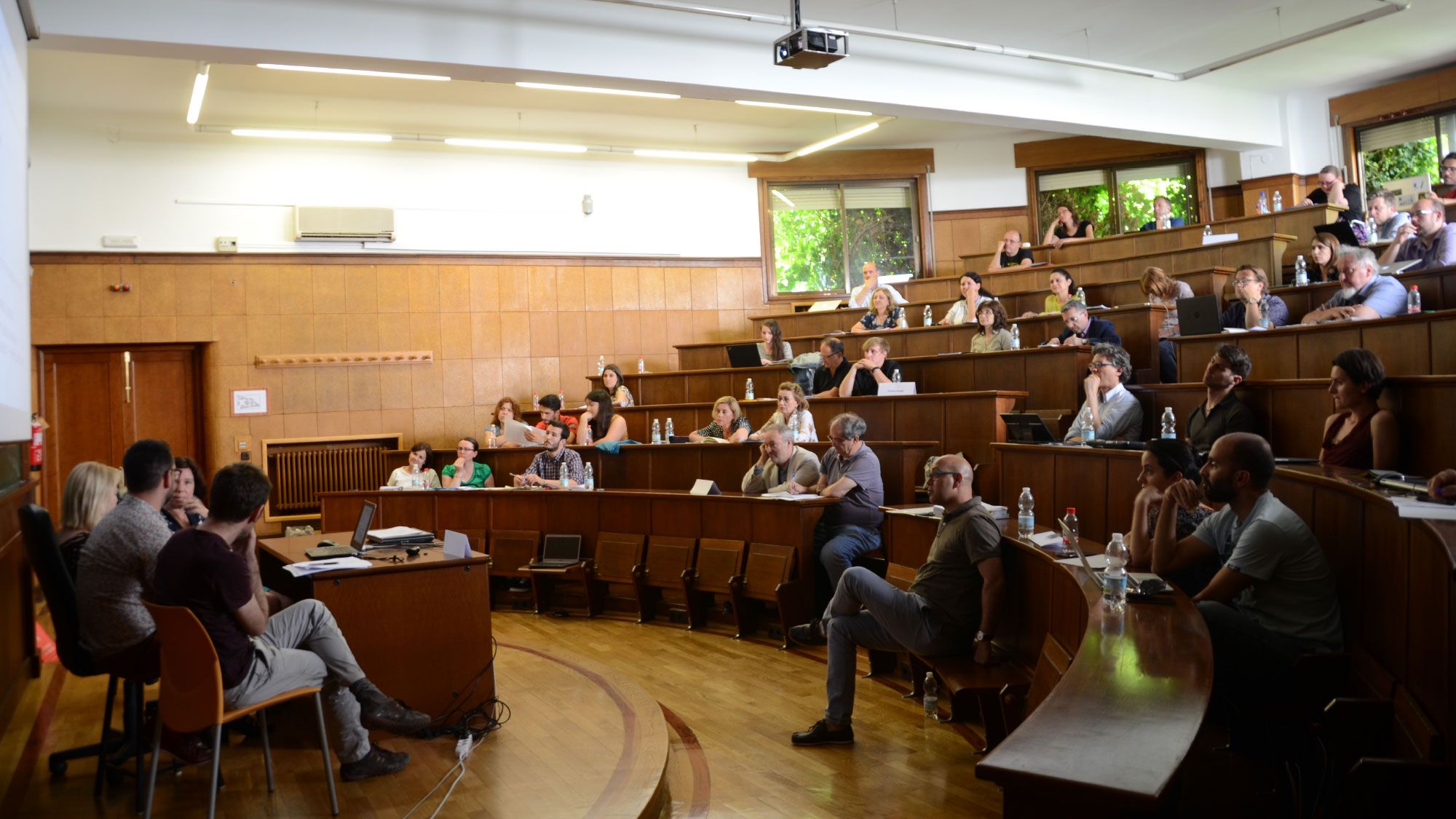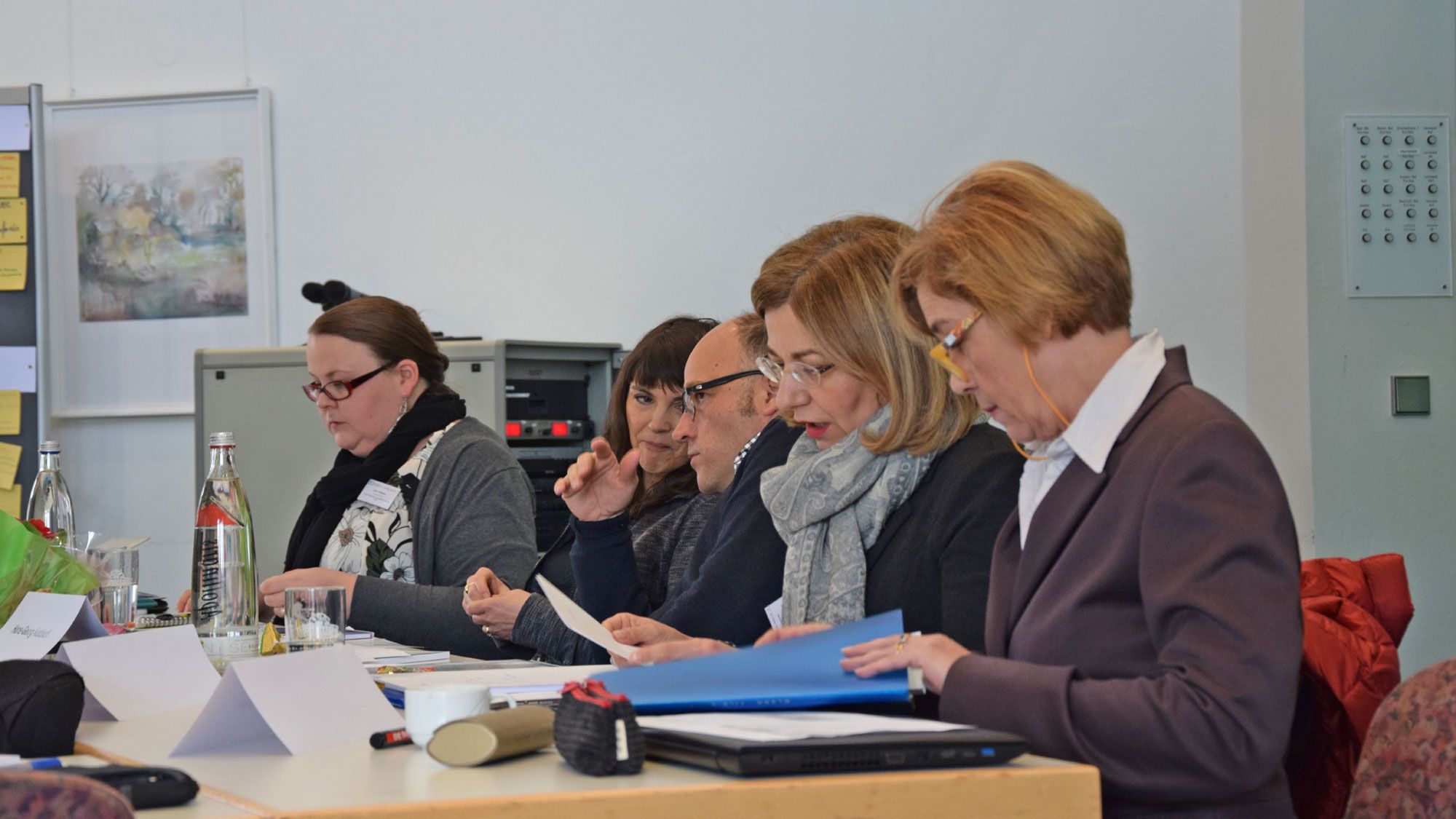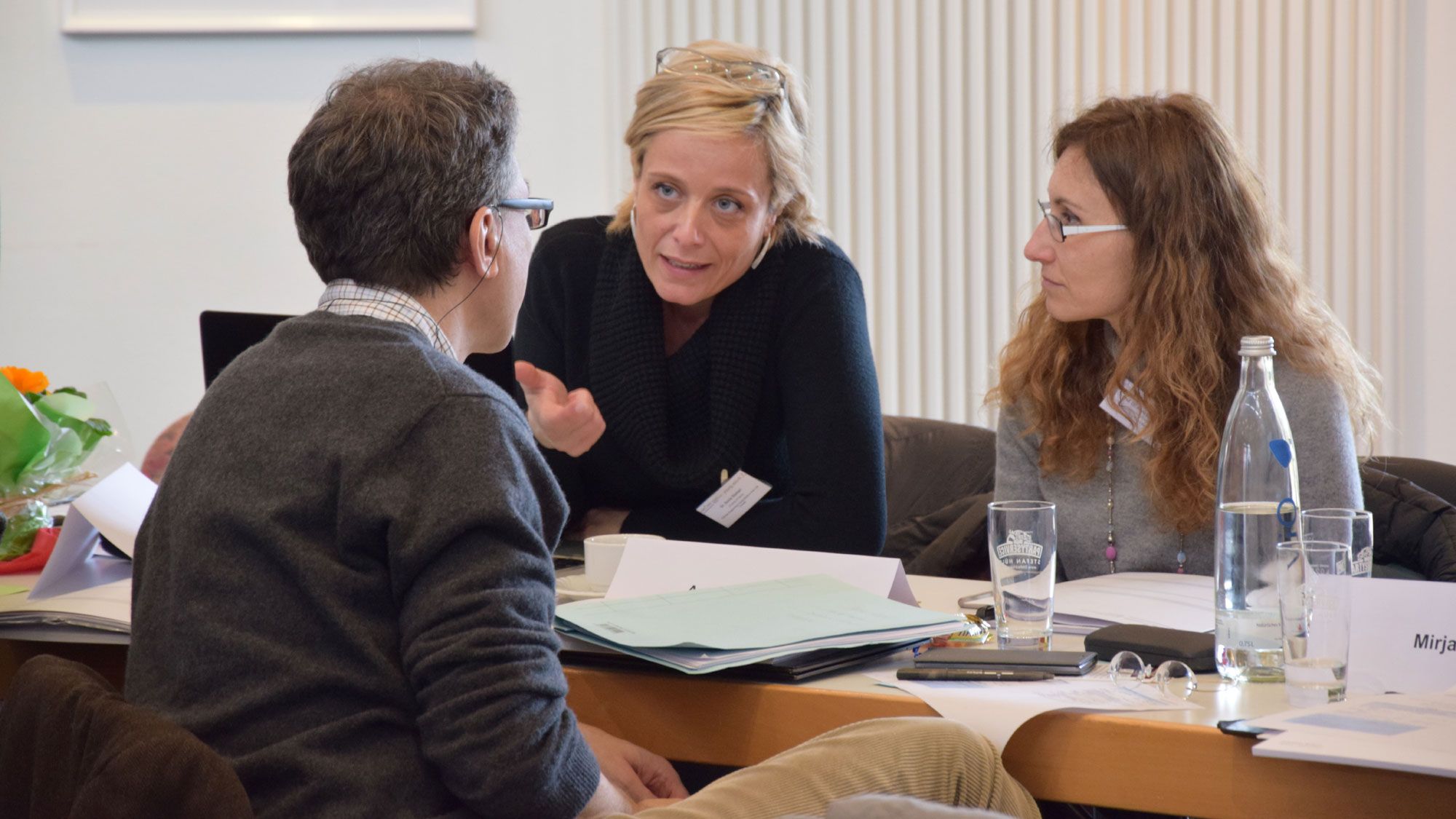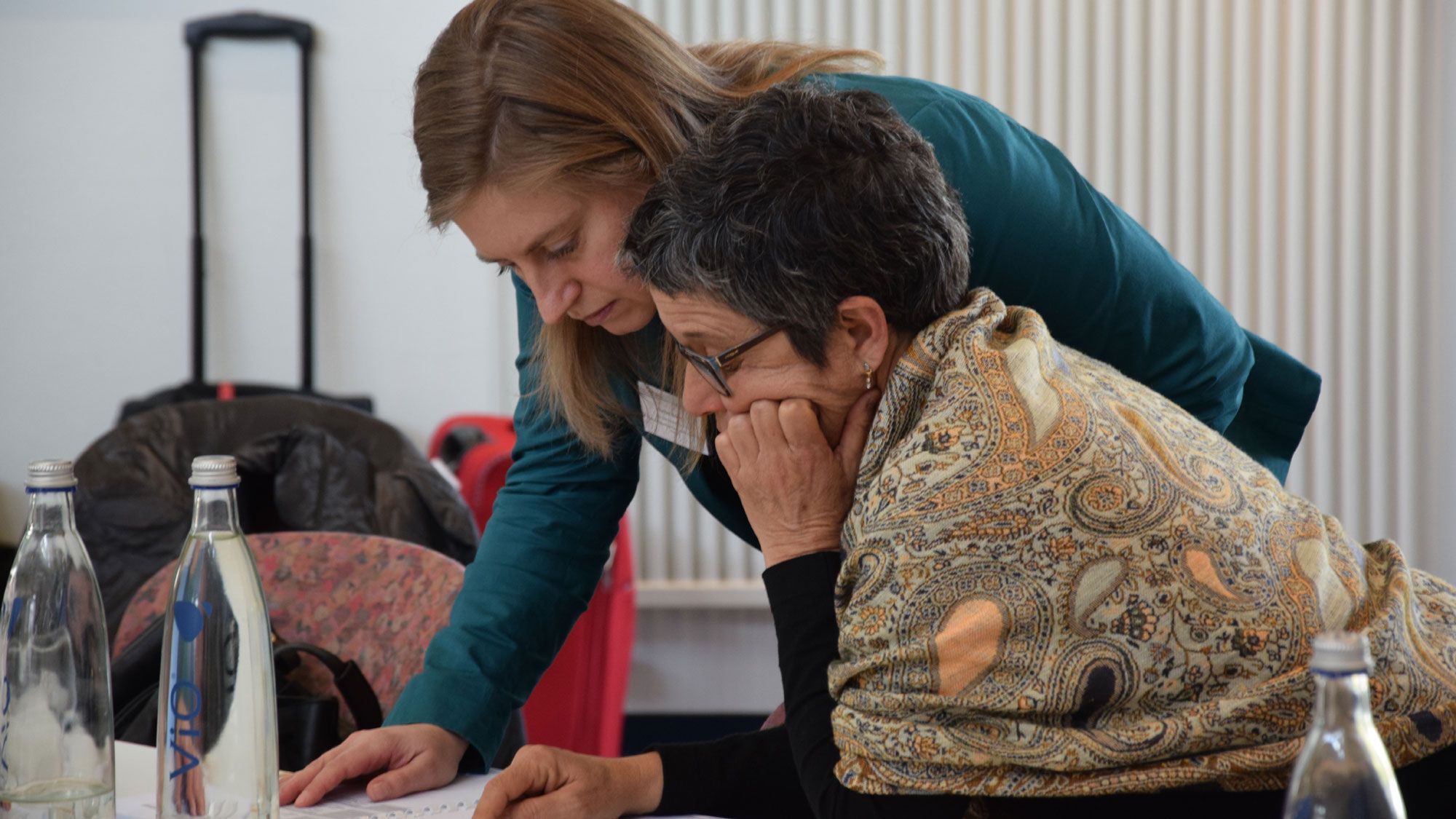Interviewing
This entry focuses on one of the two activities that qualitative research normally carries out in order to produce data. One of them is interviewing— it will be discussed in the following paragraphs. The other one is observing people in their everyday routines. Since the Young Adulllt project does not foresee to conduct observation, this entry is not elaborating on it (for further details, see Mason, 2002).
In essence, interviewing consists of researchers engaging in a particular kind of conversation with some respondents in order to find out something about society, politics, consumption and other themes. Respondents are sampled according to purposeful strategies that are normally reviewed at the same time as the research project develops. In the end, a transcript of questions and answers is produced, and afterwards, researchers draw on qualitative data analysis to spell out the clues of social phenomena from these texts. It is crucial that both researchers and analysts are aware that social interaction is at stake, not least because the excerpts of interviews can seldom be interpreted as the discrete values of a variable. Context is so influential that the same utterance can convey different meanings depending on how the question was asked, how the respondent coped with the ongoing interaction, and many other factors that must be taken into account (Mason, 2002: 62).
Often, interviews deal with the themes that have been established in advance, but sometimes the very themes come up spontaneously. In topic-centred interviews, the respondent simply reacts to a previously set list of issues, while in narrative interviews respondents elaborate on their comments by themselves. In biographical interviews, the very experience of the respondent is the topic, and (s)he is normally allowed to choose the relevant themes, leaning on the participative and focused support of the interviewer. In this way, interviews attempt to capture social practices, attitudes and dispositions, worldviews and more specific principled and causal beliefs (Mason, 2002).
Young Adulllt will mostly use two types of interviews. Firstly, experts will be addressed by taking some clues of elite interviewing into account. These interviews must be aware of time constraints, particularly since often they are only possible in a single occasion. In these interviews questions have to be open, and researchers must never ask for public information. If possible, answers should be cross-checked with other sources (Harvey, 2011)
Biographical interviews are free accounts from the individual perspectives. Thus, interviewers have to be aware of some of their features, namely: subjective interpretations regarding life experiences, meanings ascribed to his/her life-choices, interconnections among time dimensions (past-present-future) with specific focus on the construction of life-projects, perceptions about opportunities/limitations in individual life course development. Approaching the Bourdieu’s method of ‘provoked and accompanied self-analysis’ (1993), these interviews are carried out through an intense collaboration between the researcher and the interviewees, generating narratives which draw on the subjective points of view of latter. From the interviewer perspective, this implies the requirement of a non-directive attitude and, on the other hand, of a careful managing of the ‘provocations’ through which (s)he stimulates the interviewees to express their opinions and represent their life trajectories.
Interviewing entails ethical issues as far as sampling and asking are concerned. Does the list of interviewees give voice to the significant people? Should anybody be addressed for an interview regardless of the possible consequences for her psychological stress or human security? Are questions respectful of respondents' experience? Do interviewers help respondents to express themselves? To what extent should undesired questions be posited? And conversely, to what extent should respondents be able to censor a question? Work Package 10 – Ethics and Disseminations of the Young_ADULLLT project will deal with these issues in a comprehensive way.
References
Bourdieu, P. (1993). La Misère du monde, Paris: Seuil.
Furlong, A. & Cartmel, F. (2007). Young People and Social Change: New Perspectives, Second edition, Buckingham: Open University Press/McGraw Hill.
Harvey, W. (2011). Strategies for conducting elite interviews. Qualitative Research, Vol. 11, No. 4, pp. 431–441.
Mason, J. (Ed.). (2002). Qualitative Interviewing, in: Mason, J., Qualitative Researching, London: Sage, pp. 62-83.
(Xavier Rambla & Sebastiano Benasso)




